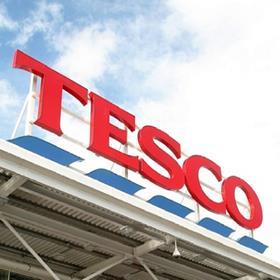
Tesco has been ranked as the most sustainable retailer in Malaysia on a new scorecard created by the World Wildlife Fund (WWF) Malaysia.
In order to analyse the current state of sustainability in the retail market, WWF-Malaysia launched a report evaluating the performance market, in the form of a sustainable retailers scorecard.
The scorecard is designed to evaluate the environmental performance, sustainability policies, practices and efforts of the top retailers in the country, it is the first of its kind for Malaysia.
With the size of Malaysia’s retail market growing from M$55bn in 2013 to M$69.1bn in 2018, WWF-Malaysia said retailers play a crucial role in influencing consumer behaviour and have the purchasing power to move supply-chains to be more sustainable.
Tesco emerged as the top scorer and its highest score among the five key parameters assessed was in environmental policies.
Apart from the presence of an environmental framework and environmental reporting, the company excelled in other areas, such as having commitments towards the United Nations Sustainable Development Goals (UNSDGs).
However, the results show that Tesco is still lacking in the areas of sustainable sourcing and green initiatives and consumer approach.
Generally, all participating retailers are aware of and adopting measures for more efficient resource management, reduction of food waste and optimisation of supply chain, but the survey found a lack of time bound targets and clarity on the goals.
Jazlyn Lee, corporate engagement manager of WWF-Malaysia, said companies would benefit from increasing their sustainability efforts.
“Retailers should be more aware of the potential benefits that they can reap from adopting sustainable practices,” Lee said.
“These benefits include mitigation of business risks related to climate change, and business growth stemming from efficient resource management and earning the trust of their consumers.”



